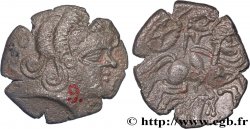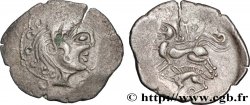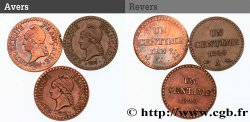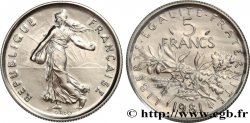bga_735601 - VENETI (Area of Vannes) Statère d'argent, classe IV
500.00 €(Approx. 595.00$ | 435.00£)
Quantity
Add to your cart

Type : Statère d'argent, classe IV
Date: c. 60-50 AC.
Mint name / Town : Vannes (56)
Metal : silver
Diameter : 22 mm
Orientation dies : 5 h.
Weight : 6,24 g.
Rarity : R2
Coments on the condition:
Monnaie bien centrée, les détails de l’iconographie sont légèrement atténués mais encore présents. Avec un revers bien complet, patine grise
Catalogue references :
Obverse
Obverse legend : ANÉPIGRAPHE.
Obverse description : Tête à droite, les cheveux allongés en grosses mèches se terminant par des S, entourée d’un cordon perlé.
Reverse
Reverse legend : ANÉPIGRAPHE.
Reverse description : Cheval androcéphale, bridé à gauche ; au-dessus, l'aurige tient une hampe ; devant le cheval, un rinceau ; sous le cheval, sanglier enseigne à gauche.







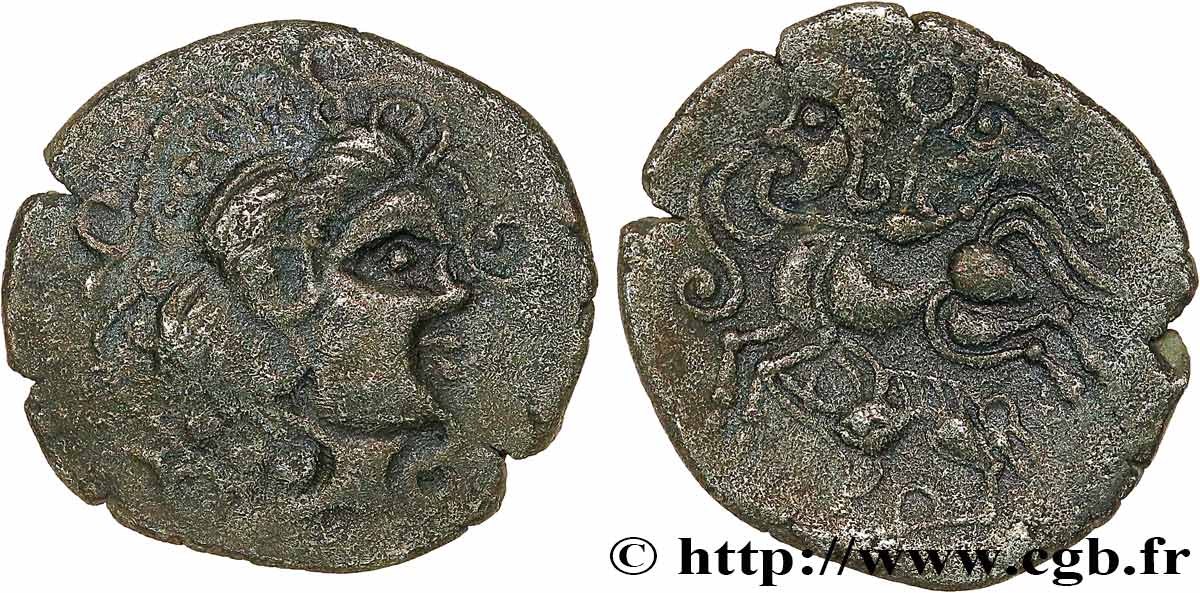
 Report a mistake
Report a mistake Print the page
Print the page Share my selection
Share my selection Ask a question
Ask a question Consign / sell
Consign / sell
 Full data
Full data